
Motivational Leadership (Third Edition)
10 Myths Managers Must Debunk to Avoid a Disengaged, Dissatisfied or Unproductive Workforce
Recommendation
Leadership coach Mark Oliver identifies 10 myths you must combat to enhance your leadership potential. Along the way, he says, discard the belief that people inherit leadership skills rather than acquire them. Knowing that people can learn to lead and that learned behavior plays an 80% role in leadership explains why companies must conduct proper leadership training. Although Oliver’s elliptical style makes certain aspects of his information a little harder to absorb, he provides a useful, practical guide to the challenges of identifying and preparing future leaders.
Summary
About the Author
Mark Oliver founded MarkTwo Consulting in 2002 to train organizations in leadership development, talent management, coaching, and using online resources for both groups and individuals.







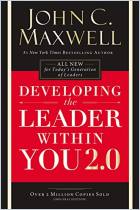
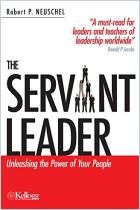

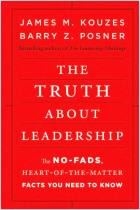
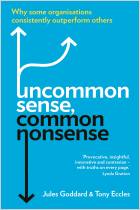
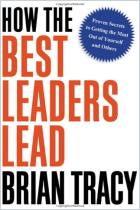





Comment on this summary or Start Discussion